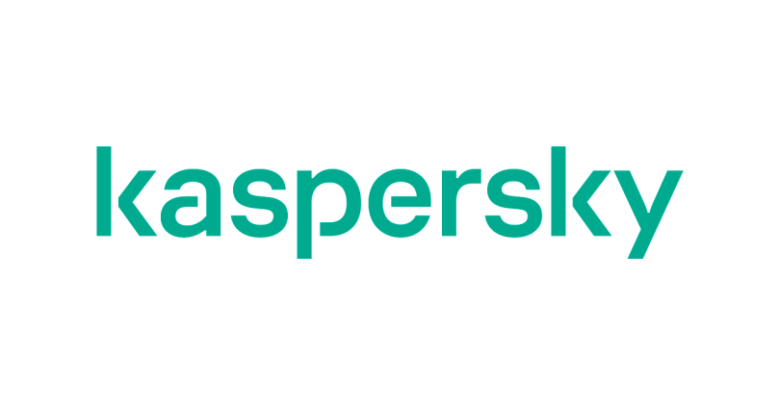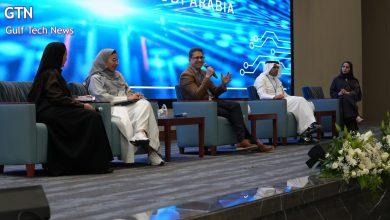What does the cyber future hold? 2023 forecasts by cybersecurity experts from around the globe

In 2023, we will observe increased politically motivated cyberattacks, ransomware groups hunting for medical and personal data, and major shifts in cybersecurity due to the global semiconductor shortage. Experts also expect data leaks from public service providers. These are some outtakes from ‘Cybersecurity threats: what awaits us in 2023’ report produced by Kaspersky cybersecurity experts alongside internationally renowned cybersecurity organizations.
Knowing what the future holds can help to better prepare for upcoming events, whether they are positive developments or emerging threats. Every year, Kaspersky experts compile their forecasts for the Kaspersky Security Bulletin (KSB), which has helped global companies build a strong defense against possible future cybersecurity threats since 2006.
This year, Kaspersky invited globally recognized cybersecurity experts to share their thoughts and unbiased opinions on what industry, business, and end-users could expect from cybersecurity in the coming year. Contributors include representatives from government, international, public, and private sector organizations, and NGOs, as well as members of the academic and technical communities: the UAE Cyber Security Council, FIRST, The Hague Centre for Strategic Studies, ICRC, among others*. Their insights help form a diverse outlook on future trends that will have the most impact on our common and secure future.
Many experts would agree that the current geopolitical situation, especially armed conflicts, will have a major effect on cybersecurity. Civilian data, devices, and networks – such as government services, critical infrastructure, or companies – risk being deliberately disrupted or damaged, often in violation of the laws of war. Companies and end-users must consider current state of affairs while protecting their data, personal information, or finances.
In their predictions, the experts express concerns linked to the global semiconductor shortage that will affect corporate cybersecurity. While many companies need increasingly more computing power – servers, workstations, network hardware and so on – the price of equipment continues to rise. Additionally, attacks on the education and healthcare sectors are likely to increase, as are targeted campaigns against industry leaders – especially those holding critical information: sensitive data, top expertise, and advanced technologies.
According to the contributors, ransomware will remain among the biggest threats to businesses, and one of the main concerns is not only to protect from these attacks but also make security solutions affordable.
The experts’ views highlight the complexity of modern cybersecurity and a strong need for cooperation among different organizations to combat cyberthreats that industries, individuals or even whole countries are exposed to.
“Ken Blanchard, an American author and business guru, once said: ‘None of us is as smart as all of us’. Team work is what brings us to our anticipated outcome – especially when it’s possible to involve colleagues from partnering organizations who contribute to the common result. We greatly appreciate the contribution made by our partners as their predictions demonstrate open-mindedness, solid experience, and holistic approach to cybersecurity. All this will help us combat cybertheat challenges in the most effective way in 2023,” says Vladimir Dashchenko, security evangelist, ICS CERT, Kaspersky.
‘Cyberthreats predictions: what awaits us in 2023’ is part of the Kaspersky Security Bulletin (KSB) – an annual series of predictions and analytical reports on key shifts in the cybersecurity world.
Read the full report on Securelist.
*The invited speakers are:
H.E. Dr.Mohamed Al Kuwaiti (UAE Cyber Security Council), Kubo Mačák, Tilman Rodenhäuser, Mauro Vignati (ICRC), Serge Droz (FIRST), Sven Herpig (the think tank Stiftung Neue Verantwortung think tank), Prof. Dr. Dennis-Kenji Kipker (the University of Bremen; European Academy for Freedom of Information and Data Protection (EAID)), Arthur Laudrain (The Hague Centre for Strategic Studies), Stefan Soesanto (The Center for Security Studies (CSS) at ETH Zurich), James Range (White Rock Security Group) and Irena Yordanova (Polycomp Ltd.).




